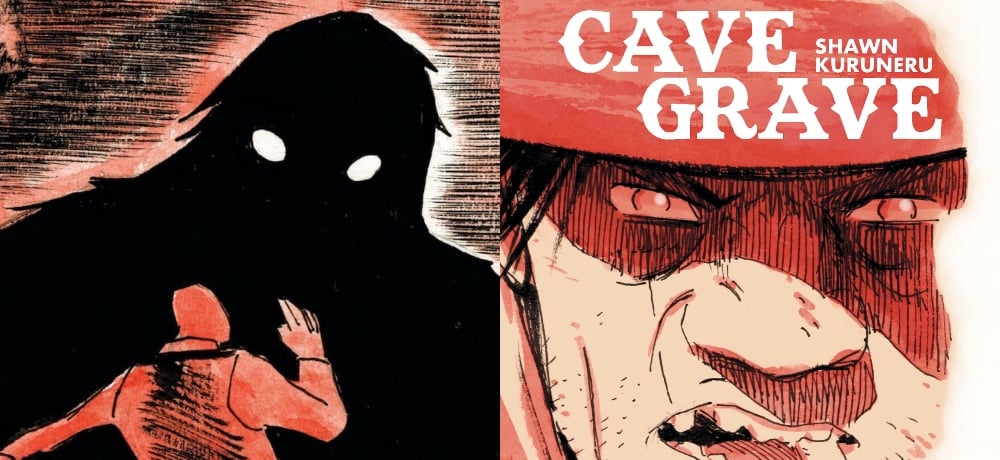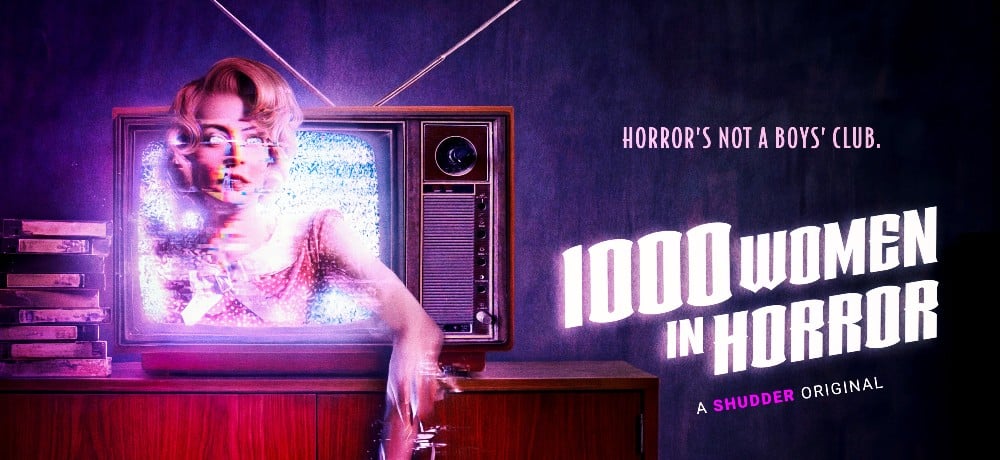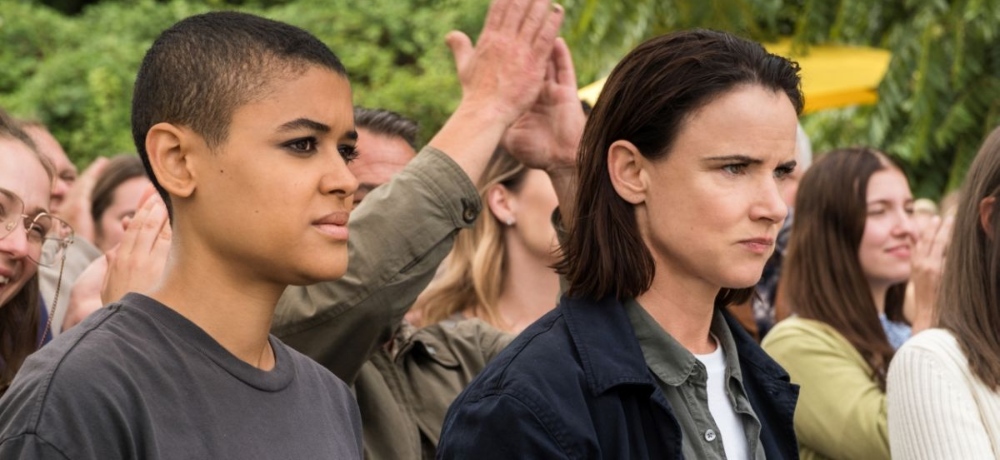






Last year, this writer was thrilled to have the opportunity to speak with one of my long-time favorite actresses, Juliette Lewis, for Ma (you can read that interview HERE). So, when I was asked to chat with her again for the second season of the Facebook Watch series, Sacred Lies: The Singing Bones, I jumped at the chance. During the interview, Lewis discussed the initial appeal of the project and how she connected with her character, Harper, a woman tirelessly working to identify the unnamed women who have died, and the only legacy they leave behind is being known as a “Jane Doe.”
Lewis also talked about the collaborative process she experienced on Sacred Lies with showrunner Raelle Tucker and the various directors for each episode, how much she enjoyed working with her co-star Jordan Alexander, and more.
From Blumhouse Television, Sacred Lies: The Singing Bones kicks off today, exclusively on Facebook Watch.
Great to speak with you, Juliette, and I’m really enjoying the series. I only saw the first six episodes so far, but I'm really excited to see where it goes. I would love if you could talk about what was the initial appeal coming into this series and taking on the role of Harper?
Juliette Lewis: It was the script and these stories. I really was left with a mystery, and I love the writing. I love the characters. These were not characters I'd seen before. I'm also always looking to play different people and I love the way Harper's written. I love that she's idiosyncratic and strange and that she's always snacking. And that she's rough around the edges. She's a gay woman, but she has this big, strong, heartbroken heart, which is the pulse and the drive for why she obsessively wants to solve these cases of unidentified murder victims. Throughout the series, you learn about her backstory and where that comes from.
I think what's really interesting about what drives the story here is this idea of giving power and autonomy back to women and these horrible things that happen to women and how they can become forgotten. I was curious if that was something that spoke to you on a personal level? Because it really hit me hard, especially with the work that Harper does with the Jane Doe Foundation.
Juliette Lewis: Yes. One hundred percent. That was the hook that got me, and Raelle Tucker, the show creator, [had that in] her pitch when we met. That's what sets this show apart—the humanity, because yes, we all love a good murder mystery, but usually, they're a bit more cold when it's from the detective's point of view. Even though it is fascinating work, they're not supposed to lead with their heart or their emotions. And this is all led with emotion. I just loved that all these characters have all these traumatic things they've survived, and ultimately, Raelle wants people to feel positively by the end and she creates a sense of connectivity between all these characters.
So, what you just said, that was the hook for me, when Raelle said she's giving the dignity back to these women by finding out their identities. It's just profound and there's a lot of darkness around these seams. But I just love Raelle, because she wants to give people a good adventure and thrill them, but also leaves people feeling something more. Ryan Kwanten said it best in that it's haunting and healing.
That makes perfect sense. And obviously, Raelle is the driving force behind this series, but I know that you're also working with directors for different episodes and things like that. What was the collaborative process like on this, then? Were you working more specifically with Raelle, or did everybody coming together for their respective bits to make this all gel together as well as it does?
Juliette Lewis: You know, that's a good question, because TV is so different than film. When you’re doing a film, there’s just one director, that's it, that's who you answer to. But at TV, you have your show creator, then you have the writer for each episode and then you have the director of each episode. Raelle did a brilliant job in assembling a great team and these directors really knew their stuff and she gave everyone their creative voice, but we were all on the same page.
Raelle's definitely who I would go to if I had any questions, but I did have the luxury of seeing all the scripts beforehand, which is not normal. And we had really beautiful directors on different episodes, and I just loved working with all of them, because each person had a different style of talking and energy and their approach to the material, and I was really knocked out by the team she assembled, Raelle and Scott [Winant]. Scott is the director of the first two episodes and he established the whole tone of the show.
I think one of my favorite things about the show is seeing the evolution of the relationship between Harper and Elsie, because both of them have a lot of pain, and I think that motivates both of them in very different ways. Can you talk about working with Jordan? I just think you both have some really fantastic moments together in this.
Juliette Lewis: Yeah, she is our big discovery, Jordan Alexander. This is her first big role and she's really a singer-songwriter and music is a real integral part to the mystery in this show. There's a song and she sings, and I just love her voice. One of the funniest things is that you have these two characters who are totally rough around the edges. They're both not people persons and they both end up leaning on each other and relying on each other in a way. There's definitely some drama that happens between them, but it's really beautiful what develops. That was one of Raelle's intentions as well; is how people can create their own sense of community and family, especially if you were dealt a rough hand in life. You can still find your family through the people you lean on and create a home. So, we see that discovery within those two characters.
You just mentioned Jordan's background as a singer-songwriter and you also have a background in music as well. Was it easy to find that kinship between you two then on a personal level because of your own background?
Juliette Lewis: Oh, absolutely. When you have a voice in music, you tend to gravitate towards others who do the same. It's like sky and earth. Drama to me and storytelling in acting that type of stuff is really like earth, and then music is the sky. I don't know if your head can be connected to rhythm and song in the daily living of life, and she was always writing in her room and playing guitar. So, I definitely connected with her that way.